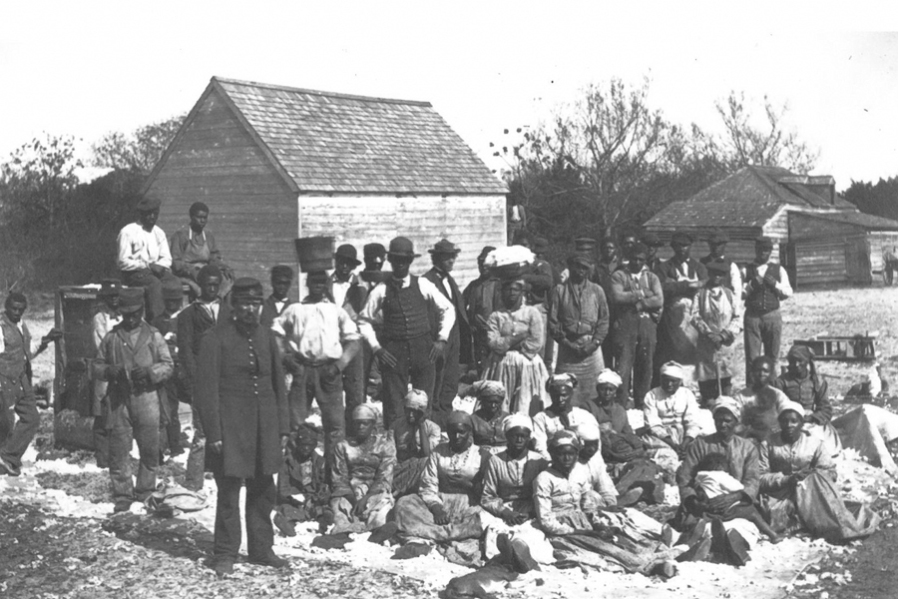If you live in Virginia, North Carolina, South Carolina, Georgia, Alabama, Mississippi, Louisiana, Texas, New Mexico, California, or Washington, you might live near Jefferson Davis Memorial Highway. That’s right. From sea to shining sea, from the Rio Grande to the Canadian border, Jefferson Davis is “honored” and, presumably, you are honored to drive in his memory.
In 1913, the United Daughters of the Confederacy designed, planned and sponsored the Jefferson Davis Memorial Highway system, which was to extend from Washington, DC, to San Diego. Their plan was to overlay the Confederacy onto the map of the United States, an ocean-to-ocean highway that would compete with the Lincoln Highway. While the coordinated highway system no longer exists, in each of the states mentioned above, parts of it survive, and under the name Jefferson Davis Highway.
In 2002, when Washington State Representative Hans Dunshee proposed changing the name of Washington’s Jefferson Davis Memorial Highway, he ran into a whirlwind of opposition, because nothing says the Pacific Northwest like … the Confederacy and the war to preserve slavery. As Dunshee noted, “People are saying, ‘Oh, Jeff Davis was into roads for the Northwest.’ That’s their cover. But let’s be clear. This memorial was not put up by the AAA. It was put up to glorify the Confederacy.” The president of the United Daughters of the Confederacy weighed in, complaining that the change would “cause more hard feelings and certainly will not unify our country.”
When Dunshee first discovered the presence of the Confederacy in his home state, he said, “I was astonished that it was there. And then I was disgusted.” Disgust is a good response. Dunshee’s disgust only deepened, once he received calls telling him “to go back to Africa and take all of his kind with him.” Hans Dunshee’s “kind” would be German and Irish.
Nine years later, in 2011, in Arlington, Virginia, the Arlington County Board renamed a part called the Old Jefferson Davis Highway. It’s now the Long Bridge Drive. Why the name change? As then-County Board Chairman Chris Zimmerman explained, “I have a problem with ‘Jefferson Davis’ [in the road’s name]. There are aspects of our history I’m not particularly interested in celebrating.”
While the “Old Jefferson Davis Highway” was part of the original Jefferson Davis Memorial Highway, it wasn’t included in the Commonwealth’s 1922 designation of the Jefferson Davis Highway, and so Arlington County could change the name, once it convinced opponents that perhaps the real “importance of history” is not its repetition but rather its analysis and critique.
Meanwhile, the rest of Jefferson Davis Memorial Highway in Virginia falls under the Commonwealth administration, and so any change there must go through Richmond.
The lesson of history has to be that people can change their histories and themselves for the better; that we don’t happen upon progress, we make progress happen. From Washington, DC, to Charleston to Washington State, make freedom ring. Move from astonishment to disgust to astonishment. Tear down the flag; rewrite the name. In Virginia, turn “Jeff Davis” into Arthur Ashe, a proud son of Virginia of whom we are all proud. Do it now. It’s the least we can do.
(`Jeff Davis’ Photo Credit: author’s photo) (Arthur Ashe Photo Credit: Charles Tasnadi / Associated Press)








